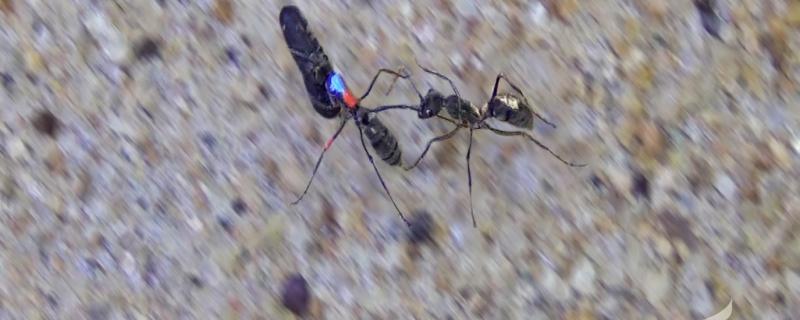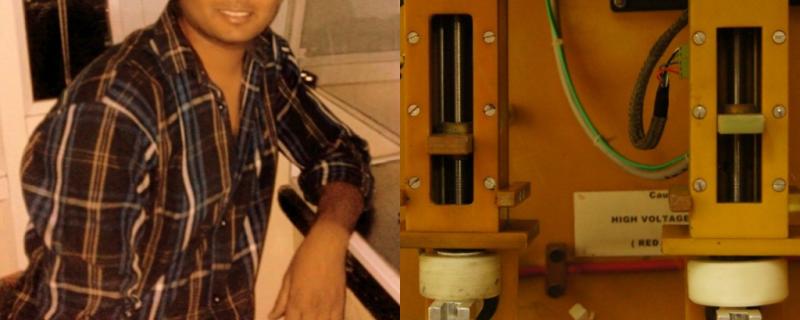Distressingly dark facets of societies such as kidnapping, rape, thievery, slavery, and murder of members of one’s own species, are not unique to human communities. Monkeys, dolphins, mice, eagles, ants and many other members of the animal kingdom are known to exhibit various instances of such behaviour. Observation of such sinister acts is fascinating to researchers, who investigate further, speculating on the significance of such an act in the light of animal cognition and how they have evolved. The serendipitous discovery of ‘brood theft’ in a group of ants in the Ant Lab at IISER Kolkata, for instance, has Prof. Sumana Annagiri and her team conducting many experiments to figure out how do they do it and why.
A new review reveals that rising global temperatures, increased pollution, and extreme weather events are driving a global surge in eye diseases, disproportionately affecting vulnerable communities and challenging healthcare systems.
Roorkee/




